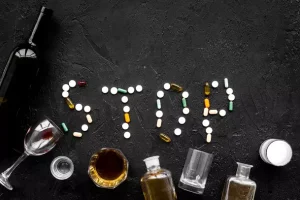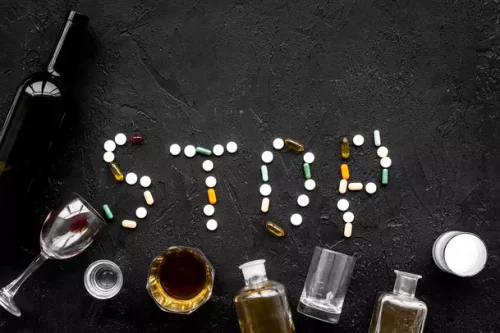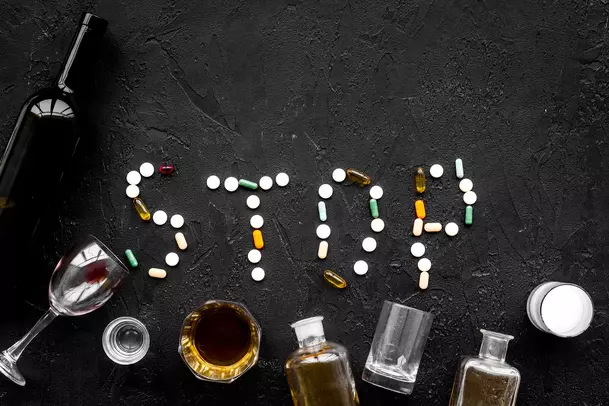
It’s worth noting that therapy alone may not be effective for some people. If you or a loved one have an AUD, consider speaking with a mental health professional about an addiction treatment program. Chronic alcoholism may require inpatient support and a medical detox alongside interventions like talk therapy.
- The brain heals during alcohol recovery through neuroplasticity, gradually restoring cognitive function, dopamine regulation, and impulse control.
- Certain behaviors, such as social avoidance, erratic behavior, and failure to meet obligations, are telltale signs of alcohol and substance use in others.
- As you embark on this journey, it’s important to take care and not shame yourself for addiction.
- Alcohol withdrawal may range from a mild and uncomfortable disorder to a serious, life-threatening condition.
- This could include everything from anger management classes to nutrition advice.
- Dr. Wakim enjoys golf, traveling and time spent with his two dogs, Lulu and Rayna.
When to Contact a Medical Professional

During this time, it’s important to strengthen your body as well as your mind. One of the ways you can do this is to build coping skills and resilience. Exercising, eating healthily, and finding healthy social outlets can help you cope better with your newfound sobriety as well. Individual therapy can also help build resilience and strategic skills to deal with triggers. Moreover, this is an excellent time to rebuild relationships and connections that were damaged or affected by your drinking. When you quit drinking alcohol, the first few days are typically the most intense.

Mild Symptoms
Some people think tapering can be a safer way to finally get your heavy alcohol use under control. Some people try to avoid withdrawal symptoms by cutting back on alcohol instead of giving it up all at once. Over weeks or months, you’ll have smaller or fewer drinks until you reach a point where you don’t have any at all. Symptoms of alcohol withdrawal tend to peak 24 to 72 hours after your last drink.
Depression Medication: Types, Side Effects, and More
If you drink heavy amounts of alcohol for weeks, months, or years, you may have mental and physical symptoms when you stop or cut back. Severe and complicated alcohol withdrawal requires treatment in a hospital — sometimes in the ICU. While receiving treatment, healthcare providers alcoholism symptoms will want to monitor you continuously to make sure you don’t develop life-threatening complications.
- It’s recommended, however, that they have someone stay with them who can help during recovery.
- These residences offer a sober community where individuals maintain accountability, build healthy routines, and develop coping strategies to prevent relapse.
- The main management for severe symptoms is long-acting benzodiazepines — typically IV diazepam or IV lorazepam.
- Many insurance companies have search engines to find in-network providers.
- These will depend on how much alcohol they drank, their body type, sex, age, and any underlying medical conditions.
Combining multiple approaches increases the chances of successful recovery. Behavioral treatments, such as cognitive-behavioral therapy (CBT), address the psychological aspects of alcohol addiction by helping individuals recognize and change unhealthy drinking behavior. Talk therapy and one-on-one sessions with alcohol counselors can also aid recovery. People with AUD often struggle with an impaired ability cutting back on alcohol symptoms to control their alcohol consumption, even when facing health problems or damage to relationships.
- Group therapy and support groups like Alcoholics Anonymous (AA) or SMART Recovery provide a supportive community for individuals to share experiences and coping strategies.
- Still, if you’re experiencing alcohol withdrawal, it’s essential to have your symptoms evaluated by a medical professional.
- You will likely need to make daily visits to your provider until you are stable.
- This page will dive deeper into what alcohol use disorder is, signs and symptoms of withdrawal, potential complications, how to find treatment, and more.
- Consulting a doctor, therapist, or addiction specialist guides available treatment options, such as medical detox, inpatient or outpatient rehab, and therapy.
More Severe Symptoms
SMART Recovery, a science-driven program emphasizing self-empowerment and rational decision-making, has been shown to improve abstinence rates by 35% to 40% over the course of one year. 2014, titled “Taking Aim at 12-Step Programs,” reported that involvement in AA boosts the likelihood of achieving long-term sobriety by up to 66%. The information on MedicalResearch.com is provided for educational purposes only, and is in no way intended to diagnose, cure, or treat any medical or other condition. Seeking help for addiction may seem daunting and possibly even scary, but there are several organizations that can provide you with support. They may also do a blood test called a toxicology screen to measure the amount of alcohol in a person’s system. Blood tests and imaging tests can show if organs, such as the liver, have been affected by a person’s intake of alcohol.

Always seek the advice of a physician or other qualified health provider with any questions you may have regarding a medical condition. Never disregard professional medical advice or delay in seeking it because of something you have read on this website. In the event of a medical emergency, call a doctor or 911 immediately.

All withdrawal symptoms – whether the psychological ones like anxiety, or the physical ones like the shakes – are caused by your body going into ‘fight or flight’ mode. If you think you’re dependent, you must seek medical help and talk to a health professional at your GP surgery about how to reduce your drinking. Withdrawal symptoms can be physical and psychological, and range in severity from mild to severe. Mild withdrawal symptoms often begin within 6 to 12 hours after your last drink.
